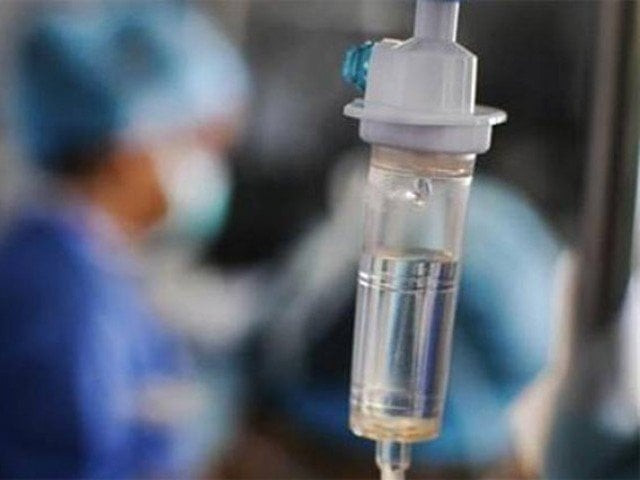The madness and the system
Everyone seems to be interested in platelet counts and seems to be an expert haematologist

PHOTO: FILE
Beyond the rhetoric and loud noises, beneath the legitimate issues of incompetence, corruption and apathy, there is an underlying reason to the current set of crises. It’s not hard to figure out but is exceptionally hard to prioritise by any government. The underlying issue is that of a functioning health system. A health system is a system composed of people and institutions, meant to promote, restore and protect the health of all falling under the system. Like any other system, it has links from various units to ensure a smooth flow of information and practices. A dysfunctional health system is one where care is not available to those seeking it. This does not mean some rare disease, but care that otherwise should be available. The case of the former prime minister, whose platelet count is being discussed endlessly, and is being recommended to go abroad, is a sign of a system that is unable to provide adequate care, despite the condition not being rare. The case with the former president who went to Dubai is no different.
A health system should also have transparency in information processing and clear operating procedures to deal with outbreaks of diseases that can be tackled by appropriate immunisation. The recent rise in polio cases and the fallout once again represents a system that failed to adhere to basic practices of information gathering and dissemination, and appropriate measures to provide care. Instead of suppressing the disease, we suppressed information. Lack of emphasis on preparation or failure in recognising and mitigating risk factors for future outbreaks is a tell-tale sign of a broken system. We should look at the 2019 dengue outbreak not as an isolated case, but one connected to a broader issue of preparedness. It should make us wonder how ready are we for any new outbreak that may come our way.
Finally, the HIV rise is also very much a part of the system story, associated with poor practices and poor enforcement of good practices. If the people in the system are poorly trained, and institutions are unable to ensure good practices then needle re-use, problems in blood storage and transfusion, and widespread practices of quacks would become the norm. If the system would remain the same, Larkana would not be the only place where the tragedy happened. There are already reports of micro-epidemics in other places and they might become more pronounced unless the system is fixed.
So why is fixing the health system not a priority? There is a large body of literature on this but an important factor here is politics. It is politically more practical to open a new hospital wing and start a new campaign, but harder to get votes from improving curriculum, ensuring that SOPs are enforced and creating better safety practices. Come election day, there is nothing to point to for votes. But that does not have to be so. The health system can be built if we care about people and not power. If we continue to build — and not break — from one government to another, we may find ourselves in a place that is both healthier and more prosperous.
Published in The Express Tribune, November 19th, 2019.
Like Opinion & Editorial on Facebook, follow @ETOpEd on Twitter to receive all updates on all our daily pieces.















COMMENTS
Comments are moderated and generally will be posted if they are on-topic and not abusive.
For more information, please see our Comments FAQ